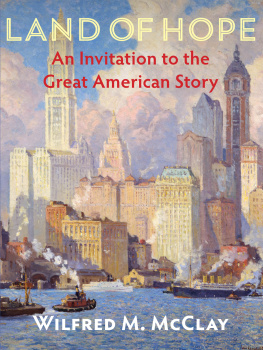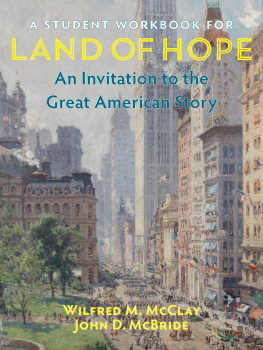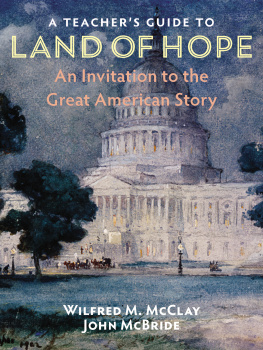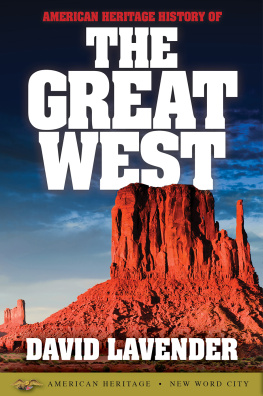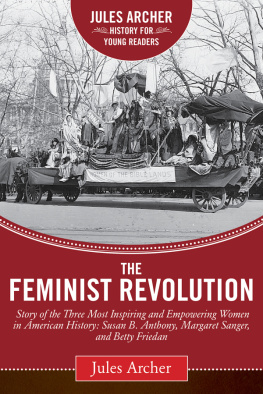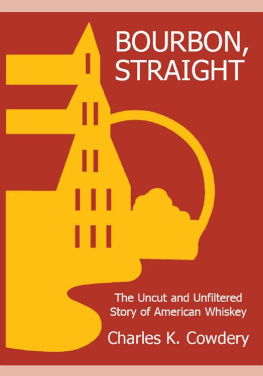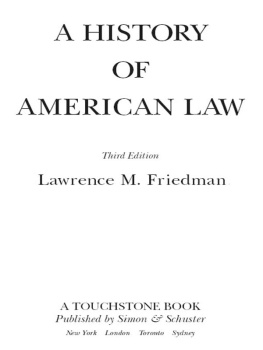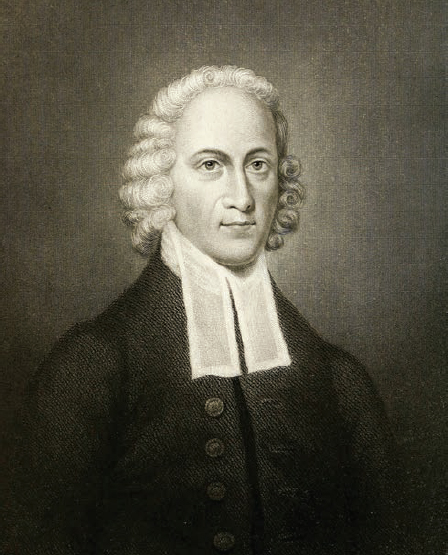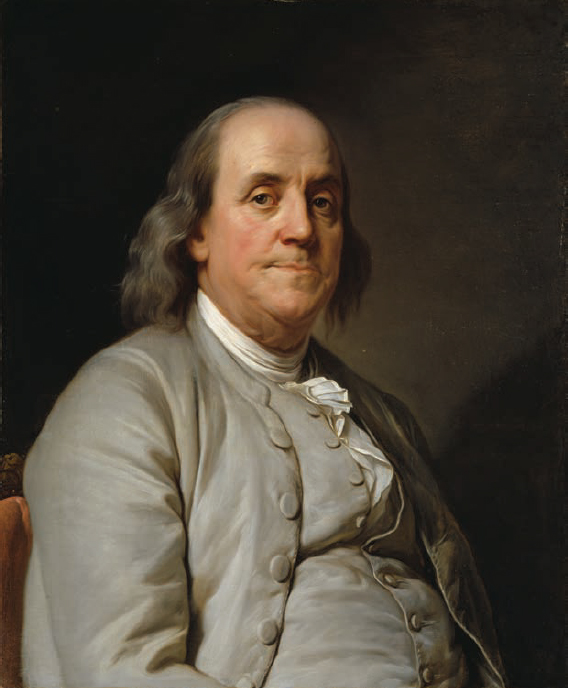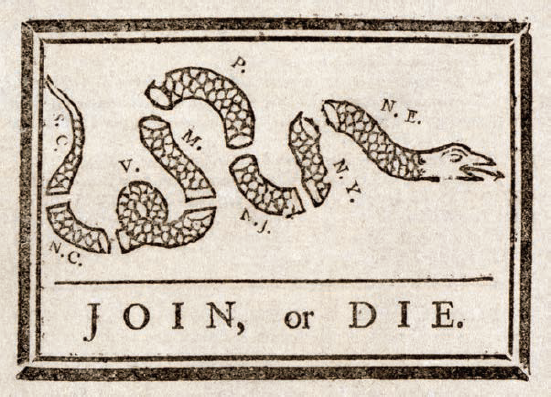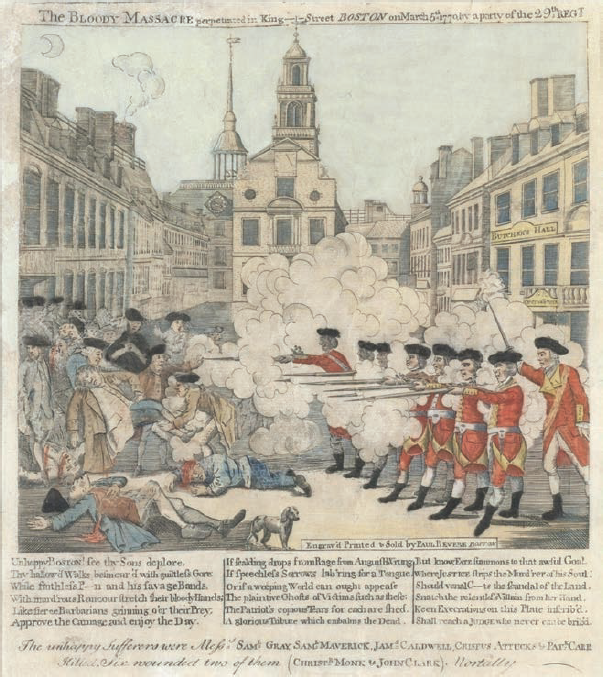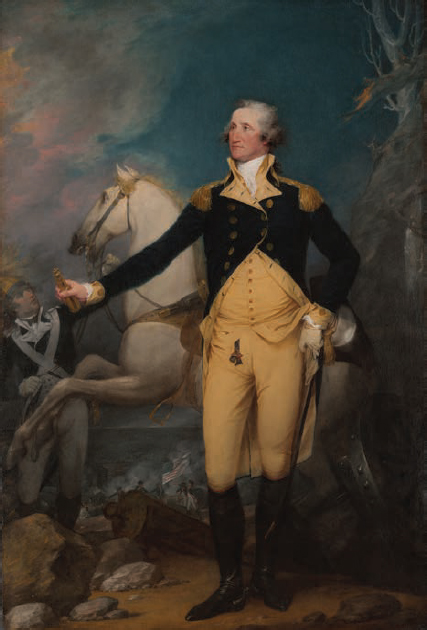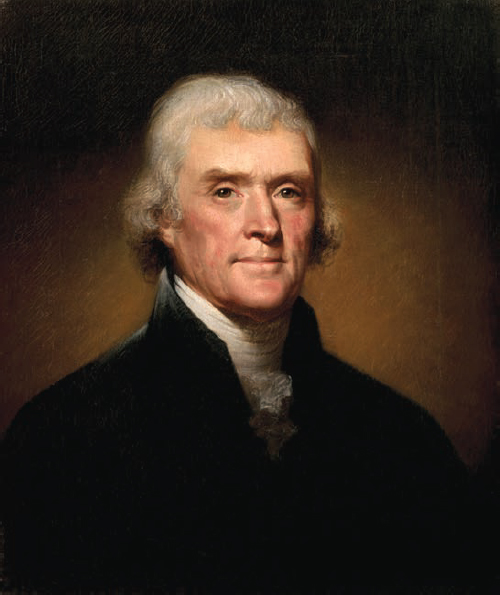
Land of Hope
Copyright 2019 by Wilfred M. McClay
All rights reserved. No part of this publication may be reproduced, stored in a retrieval system, or transmitted, in any form or by any means, electronic, mechanical, photocopying, recording, or otherwise, without the prior written permission of Encounter Books, 900 Broadway, Suite 601, New York, New York 10003.
First American edition published in 2019 by Encounter Books, an activity of Encounter for Culture and Education, Inc., a nonprofit, tax-exempt corporation.
Encounter Books website address: www.encounterbooks.com
Manufactured in the United States and printed on acid-free paper. The paper used in this publication meets the minimum requirements of ANSI/NISO Z39.481992 (R 1997) (Permanence of Paper).
FIRST AMERICAN EDITION
LIBRARY OF CONGRESS CATALOGING-IN-PUBLICATION DATA
Names: McClay, Wilfred M., author.
Title: Land of hope : an invitation to the great American story / by Wilfred M. McClay.
Other titles: Invitation to the great American story
Description: New York : Encounter Books, [2019] |
Includes bibliographical references and index. | Audience: Grades 9-12.
Identifiers: LCCN 2018045970 (print) | LCCN 2018046473 (ebook) | ISBN 9781594039386 (ebook) | ISBN 9781594039379 (hardcover : alk. paper)
Subjects: LCSH: United StatesHistoryJuvenile literature.
Classification: LCC E178.3 (ebook) | LCC E178.3 .M143 2019 (print) | DDC 973dc23
LC record available at https://lccn.loc.gov/2018045970
For Bruce Cole
Indispensable man, irreplaceable friend
Every generation rewrites the past. In easy times history is more or less of an ornamental art, but in times of danger we are driven to the written record by a pressing need to find answers to the riddles of today. We need to know what kind of firm ground other men, belonging to generations before us, have found to stand on. In spite of changing conditions of life they were not very different from ourselves, their thoughts were the grandfathers of our thoughts, they managed to meet situations as difficult as those we have to face, to meet them sometimes lightheartedly, and in some measure to make their hopes prevail. We need to know how they did it.
In times of change and danger when there is a quicksand of fear under mens reasoning, a sense of continuity with generations gone before can stretch like a lifeline across the scary present and get us past that idiot delusion of the exceptional Now that blocks good thinking. That is why, in times like ours, when old institutions are caving in and being replaced by new institutions not necessarily in accord with most mens preconceived hopes, political thought has to look backwards as well as forwards.
JOHN DOS PASSOS
The Use of the Past,
from The Ground We Stand On:
Some Examples from the History
of a Political Creed (1941)
CONTENTS
THE NEW YORK PUBLIC LIBRARY
New England theologian and preacher Jonathan Edwards (170358). Edwards was the first American thinker to earn a worldwide reputation for the power and originality of his writing. A Calvinist possessing a razor-sharp and far-reaching theological mind, Edwards also insisted upon the importance of the imagination and the affections in the religious life. His sermon A Divine and Supernatural Light (1734) expressed that importance in these mystical words: This light, and this only, has its fruit in a universal holiness of life. No merely notional or speculative understanding of the doctrines of religion will ever bring to this. But this light, as it reaches the bottom of the heart, and changes the nature, so it will effectually dispose to a universal obedience.
NATIONAL PORTRAIT GALLERY
Benjamin Franklin (170590), painted by the French artist Joseph Duplessis during Franklins diplomatic service in France. The embodiment of the American Enlightenment and a senior figure in the American Founding, Franklin came into the world without pedigree or advantages, but rose steadily in the world through his resourcefulness and ambition.
LIBRARY OF CONGRESS, PRINTS AND PHOTOGRAPHS DIVISION
A political cartoon attributed to Franklin, Join, or Die, was the first widely popular image of British American colonial unification. First created in 1754 to support the French and Indian War, and later to encourage consideration of the Albany Plan, it was later deployed to promote colonial unity in the Revolutionary era.
LIBRARY OF CONGRESS, PRINTS AND PHOTOGRAPHS DIVISION
Although not an accurate depiction of the Boston Massacre, this Paul Revere engraving called The Bloody Massacre in King-Street became a powerful tool of anti-British propaganda.
YALE UNIVERSITY ART GALLERY
General George Washington (173299) at Trenton on January 2, 1777, on the eve of the Battle of Princeton, as depicted in a 1792 John Trumbull painting. Even in an age chronically suspicious of heroes, it is hard not to be awed by Washingtons many virtues. Intrepid, courageous, charismatic, wise, tireless, and always learning, he commanded the instinctive respect of nearly all who knew him. He was known to be a man of exceptionally fine character who self-consciously modeled himself on the classical republican ideals of the unselfish, virtuous, and public-spirited leader who disdained material rewards and consistently sought the public good over his own private interest.
THE WHITE HOUSE HISTORICAL ASSOCIATION
Thomas Jefferson (17431826) in the triumphant year of 1800, by Rembrandt Peale. Jefferson was a complicated man, with many paradoxes hiding behind his confident and direct gaze in this painting. An Enlightened intellectual of cosmopolitan sympathies who felt thoroughly at home in the salons of Paris, he nevertheless favored the rural agrarian way of life and held up the ideal of the yeoman farmer as a model of classical virtue. A man of lofty ideals, he also was a fierce and effective party leader who managed in his presidency to put the Federalist Party on a path to extinction. An eloquent proponent of liberty whose resonant words in the Declaration of Independence have influenced America and all the world in the years since 1776, Jefferson was at the same time deeply ambivalent about the institution of slavery, fully recognizing its evils and its incompatibility with the ideals of liberty, but unable, or unwilling, to free himself from involvement in it. By the time of the Missouri Compromise, though, he had begun to fear for the nations future, as the conflict over slavery seemed beyond resolution
Next page
